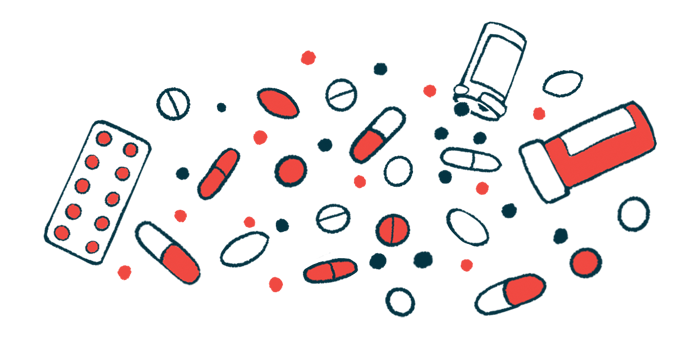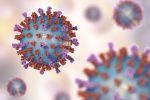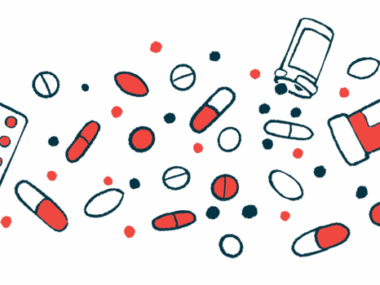‘Block-and-replace’ Corticosteroid Therapy Helps Treat COVID-19 in Cushing’s Patient
Written by |

A “block-and-replace” regimen of corticosteroid therapy can be used to manage COVID-19 in people with Cushing’s disease, a new report highlights.
The report, “COVID-19 and Cushing’s disease in a patient with ACTH-secreting pituitary carcinoma,” was published in the journal Endocrinology, Diabetes and Metabolism Case Reports.
Cortisol is a hormone naturally produced in the body in response to stress. Cortisol has many effects on the body including suppressing inflammation. Corticosteroids are a group of anti-inflammatory medications that essentially work by mimicking the natural activity of cortisol in the body.
In Cushing’s disease, a tumor in the brain’s pituitary gland causes an imbalance of signaling molecules that ultimately causes the body to produce excessive levels of cortisol. Cushing’s patients often experience complications such as diabetes or high blood pressure, which are known to increase the risk of severe COVID-19.
In this report, a team of scientists in Belgium described the case of a 43-year-old man with Cushing’s who developed a severe COVID-19 infection.
He had undergone a number of treatments for the underlying tumor, including multiple surgeries, radiation, and immunotherapy. At the time he contracted COVID-19, his disease was stable.
His cortisol levels were being controlled with Ketoconazole HRA (ketoconazole), an anti-fungal medication that reduces cortisol levels and is approved in Europe to treat Cushing’s.
The patient went to the hospital after a week of increasingly severe respiratory symptoms, including progressively worse shortness of breath in the days before his hospital admission. He tested positive for COVID-19 shortly before being admitted to the hospital.
His disease course was complicated, with multiple organs affected and two intensive care admissions. Eventually he recovered and was discharged from the hospital to continue rehabilitation at home.
“Our case illustrates the presence of multiple comorbidities for a severe and complicated course of COVID-19 in a patient with active Cushing’s disease,” the researchers wrote.
During the course of his treatment, the man was given corticosteroids, immune-suppressing medicines that have been shown to improve outcomes for patients with severe COVID, presumably by putting the brakes on out-of-control inflammation. However, corticosteroid treatment in people with Cushing’s presents complications, since by definition, cortisol levels in the body are already higher than normal.
To address these complications, a “block-and-replace” treatment regimen was used. Simplistically, the man was given Ketoconazole HRA to lower cortisol levels in the body, and then treated with corticosteroids as needed to control the infection.
“Treating Cushing’s syndrome with a ‘block-replacement’ approach … should be considered, especially in severe or cyclic disease,” the researchers wrote.






